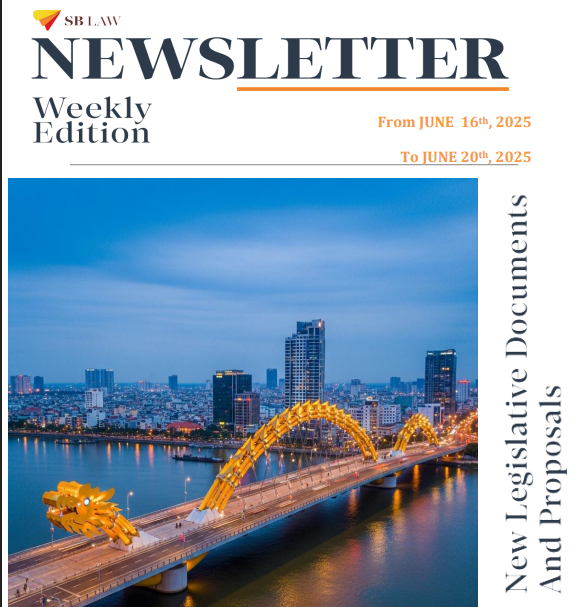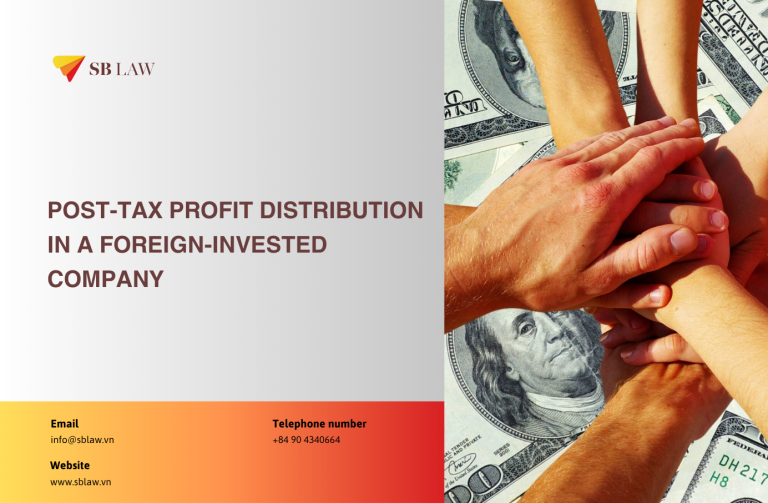Recently, the Pi digital currency has become a hot topic of discussion on forums, social media platforms, and among investors and the public. With promotional claims about its potential profitability, its ability to replace fiat currency, and its expansive ecosystem in the future, many individuals have started mining and trading Pi in hopes of seizing a new investment opportunity.
However, amid this growing interest, an important question arises: Does Vietnamese law recognize digital currencies like Pi, and digital currencies in general? Is buying, selling, and trading such currencies legal? What risks might arise when engaging in the digital currency market, especially on unlicensed international trading platforms?
To clarify these issues, Lawyer Nguyen Thanh He – Chairman of SB Law Limited Liability Law Firm – spoke with Đoi song và Phap luat Magazine, analyzing the legal framework for digital currencies in Vietnam, penalties for using digital currencies in transactions, and important warnings that investors should be aware of.
Does Vietnamese law currently allow the use of digital currencies for transactions and payments? What penalties apply to individuals who use digital currencies for buying, selling, or exchanging goods and services?
Currently, under Vietnamese law, digital currencies are not recognized as legal means of payment. This means that citizens are not permitted to use digital currencies for payments, purchasing goods, or services. According to Clause 10, Article 3 of Decree 52/2024/ND-CP on cashless payments, payment instruments must be issued by authorized payment service providers, financial companies, or licensed intermediaries such as e-wallet service providers. These instruments include checks, payment orders, direct debits, collection orders, credit cards, debit cards, prepaid cards, e-wallets, and other payment instruments regulated by the State Bank of Vietnam. Furthermore, Clause 11 of Article 3 of Decree 52/2024/ND-CP states that any payment instruments not specified in these regulations are considered illegal. Cryptocurrencies like Bitcoin, Ethereum, USDT, and Pi do not fall within this legally recognized list and are therefore prohibited for transactional use.
Clause 6, Article 8 of Decree 52/2024/ND-CP explicitly prohibits the issuance, provision, and use of illegal payment instruments.
Legal penalties for violations:
Depending on the severity of the violation, individuals using digital currencies for transactions may face administrative fines or even criminal prosecution.
- Administrative fines: Clause 6, Article 26 of Decree 88/2019/ND-CP (amended by Decree 143/2021/ND-CP) imposes fines ranging from VND 50,000,000 to VND 100,000,000 for issuing, providing, or using illegal payment instruments that do not meet the threshold for criminal prosecution.
- Criminal liability: If the use of digital currency is associated with fraudulent activities, money laundering, terrorist financing, or illegal fundraising, the violator may be subject to criminal prosecution. For instance, if an individual solicits investment in digital currency under fraudulent pretenses, they may be charged under Article 174 of the Penal Code (2015, amended in 2017) for fraud and asset misappropriation, with penalties up to life imprisonment for exceptionally large amounts. Additionally, if digital currency is used for money laundering or concealing illicit assets, the offender may be prosecuted under Article 324 of the Penal Code for money laundering, carrying a sentence of 1 to 15 years, depending on the severity of the offense. Violations of banking regulations may also be prosecuted under Article 206 of the Penal Code.
It is clear that Vietnam has a strict stance on digital currencies, explicitly prohibiting their use as legal payment instruments and imposing serious penalties for violations. Citizens must exercise caution to avoid inadvertently breaking the law when engaging in digital currency transactions.

Are virtual currencies and digital assets legally recognized in Vietnam? What risks do users face when trading on international cryptocurrency exchanges?
Vietnamese law does not recognize virtual currencies or digital assets as legal currency or legitimate payment instruments.
According to Clauses 10 and 11 of Article 3 of Decree 52/2024/ND-CP, cryptocurrencies like Bitcoin and other virtual currencies are not considered legal means of payment. Furthermore, Official Letter No. 5747/NHNN-PC dated July 21, 2017, from the State Bank of Vietnam explicitly states that virtual currencies are not recognized as electronic money and are not authorized for use in Vietnam. Article 206 of the Penal Code stipulates that individuals engaged in the issuance, provision, or use of illegal payment instruments, causing financial harm ranging from VND 100 million to under VND 300 million, may face penalties of VND 50 million to VND 300 million or imprisonment from 6 months to 3 years.
Although many Vietnamese citizens trade digital currencies on international platforms such as Binance, OKX, Huobi, and KuCoin, it is important to note that these exchanges are not licensed to operate in Vietnam and are not subject to domestic regulatory oversight. Therefore, transactions involving digital currencies are not legally protected in Vietnam, and users cannot seek legal recourse in case of disputes.
This lack of legal recognition exposes users to significant risks, including:
- Legal risks: Using digital currency as a payment instrument can result in administrative fines of VND 50 - 100 million (under Article 26 of Decree 88/2019/ND-CP) or criminal prosecution under Article 206 of the Penal Code if the violation causes significant damage. Additionally, if a dispute arises with an international exchange or in cases of fraud, users may find it difficult to seek legal remedies.
- Fraud and scams: Many fraudulent cryptocurrency exchanges or Ponzi schemes exploit users' lack of knowledge, promising high returns before shutting down or blocking access to funds. These fraudulent schemes take advantage of unsuspecting investors, leaving them with no legal protection.
- Technical risks: Even large exchanges are not immune to security breaches, hacks, or financial collapse. For instance, the 2022 collapse of the FTX exchange resulted in billions of dollars in losses for investors worldwide.
- Price volatility risks: Cryptocurrencies are highly speculative, and their values can fluctuate dramatically within short periods, posing significant risks for investors.
Given these risks, users must exercise extreme caution when engaging in cryptocurrency transactions on international platforms and accept full responsibility for their financial decisions.
What are your thoughts on the Pi digital currency? What measures should the government take to regulate digital assets and prevent fraudulent schemes?
In recent years, digital assets, including cryptocurrencies, have become an integral part of the global economy. While they offer benefits such as transaction speed, flexibility, and global accessibility, they also pose regulatory challenges. Their anonymity facilitates money laundering and tax evasion, and their volatility increases financial risk. Furthermore, many people lack a clear understanding of digital assets, making them vulnerable to scams.
To address these challenges, Vietnam should consider strategic regulatory measures. Recognizing digital assets with proper regulatory oversight can foster technological innovation, attract foreign investment, enhance financial transparency, develop digital markets, and expand the tax base. Legal frameworks should define ownership rights, prevent conflicts of interest, and ensure that high-risk assets are registered and reported.
Additionally, the government should enforce licensing and compliance requirements for cryptocurrency exchanges, ensuring adherence to Anti-Money Laundering (AML) and Know Your Customer (KYC) regulations. Tax policies should also be established for cryptocurrency transactions. Vietnam can refer to the EU’s Markets in Crypto-Assets Regulation(MiCA), which mandates clear identification of transaction parties regardless of transaction value.
Ultimately, investor protection is crucial. Issuers of digital assets should be required to disclose transparent information to prevent fraud and market manipulation.
By implementing these regulatory measures, Vietnam can balance innovation with investor protection while mitigating the risks associated with digital assets.




